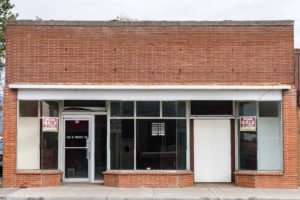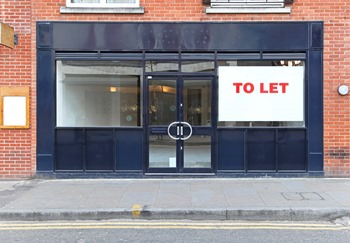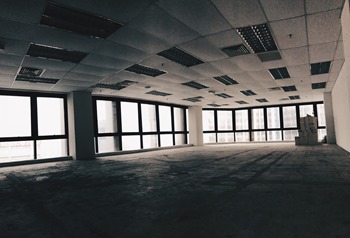
A common headache for owners of multiple properties is what to do with a site that becomes vacant for a prolonged period of time. A property that sits unoccupied, whether commercial or residential, is very likely to become the target of criminals, and therefore strong consideration should be given to methods of security.
Your first steps
First of all, there are many common sense steps that you can take that will help to reduce the threat level against your property. These include actions like developing strong ties with your neighbours or nearby businesses, emptying bins and mailboxes frequently and keeping your property in as good a state of repair as you can reasonably manage.
Broken windows theory
Vacant properties are often the target of crimes like vandalism and trespass. However, a property that is well maintained and looked after, is going to present questions to a would-be vandal. They may consider the general physical environment of a property and deduce that the site is visited frequently and therefore they may be caught committing their crime.
Indeed, the broken windows theory – first proposed by the late criminologist James Q. Wilson in 1982 – states that visible signs of crime and disorder create an environment that actually escalates crime levels. So, by looking after the exterior of your property, and quickly fixing any minor issues, you can in theory lessen the chances of criminals targeting your property.
However, while this theory may play a part in reducing petty crimes like graffiti and minor vandalism, more often than not, more serious steps need to be considered.
Stepping up your security
Whether facing off vandals, trespassers or even arsonists – owners of vacant properties need to think carefully about their current security arrangements and the message they might be sending out to would-be criminals.
Your first step should be to work with a trusted perimeter security provider that has specialist knowledge in this field. Many operators will provide you with a one-size fits all approach, but you should be sure to ask for a risk assessment instead.
Risk assessments for vacant properties
By taking the time to prepare a risk assessment, you can be confident that your chosen company has given proper thought to the nature of your property and how it might need to be protected.
The results of this survey will be a series of recommendations as to means and methods of preventing unwanted visitors from accessing your site.
Every site is different, but this may include suggestions such as installing heavy-duty gates or barriers to make access by foot or vehicle difficult.
It might suggest restricting specific areas of your site through access control equipment, or automated technology that requires credentials like fobs and key codes to gain access.
Equally, it might suggest more general recommendations such as installing lighting in dimly lit areas, turning off access to utilities, or applying anti-climb paint to warn off trespassers.
Reach out today
If you own a property that is currently unoccupied or is likely to be in the future, then now is the time to reach out and explore your options.
Here at Gateway Automation we regularly assess properties for risk making sure that they are adequately secured and recommending any ways that we think security could be improved. Call us today on 01522 682 255 to discuss how we can help to keep you safe.




Recent Comments